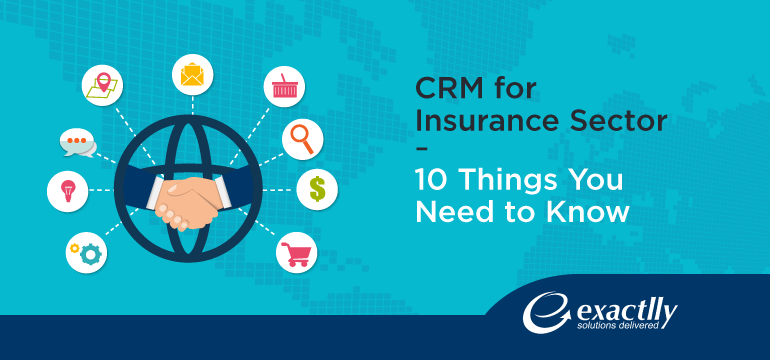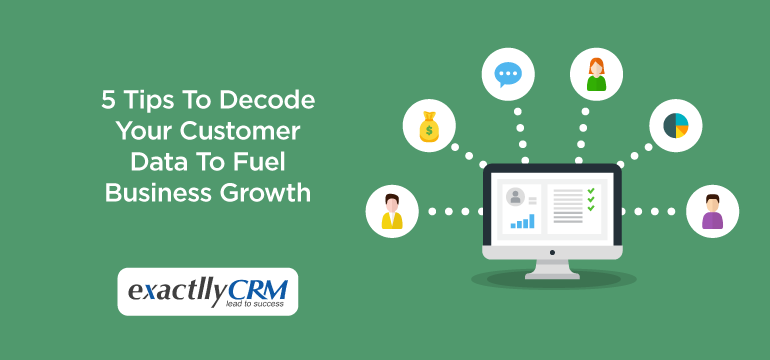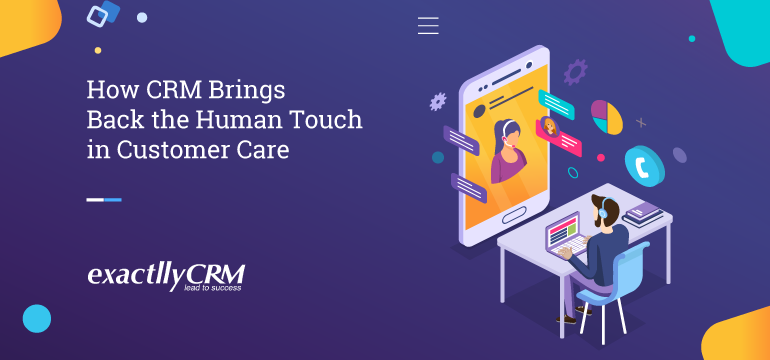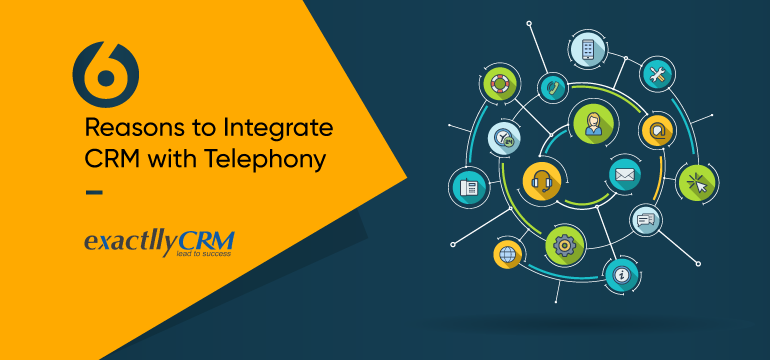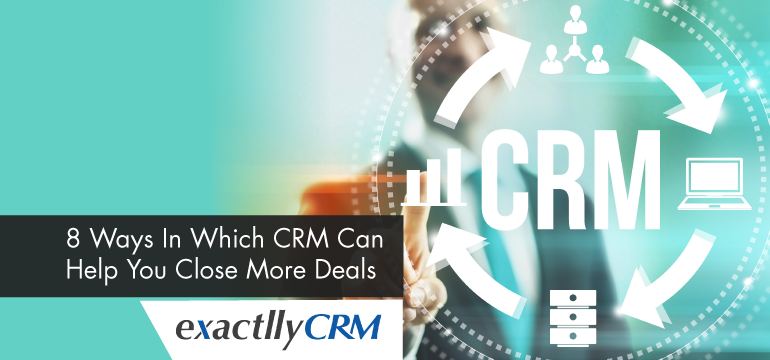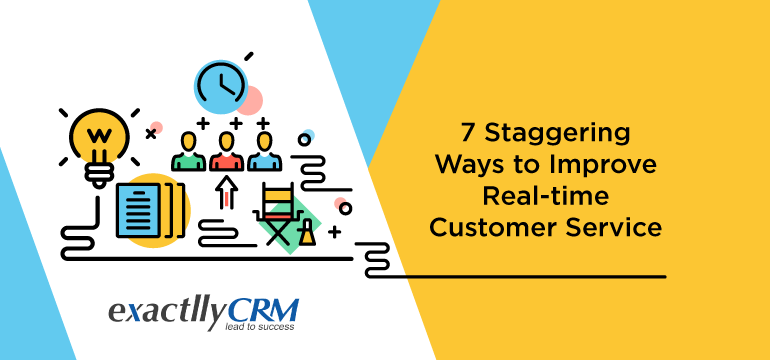5 Ways CRM Helps with Omnichannel Marketing
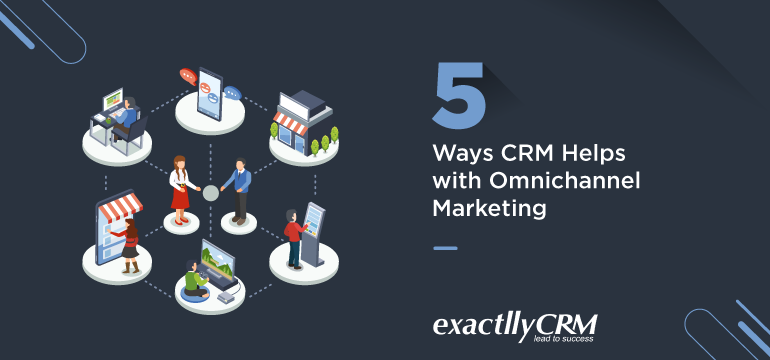
For quite some time, omnichannel marketing has been a buzzword often heard across marketing pitches. For many, it is a magic wand that can solve all the issues with existing marketing techniques. While this is not true, OM does have a lot of potential. Unfortunately, it is also equally hard to achieve. But luckily for us, CRM is indeed a magic wand that can apparently help us with anything, including this. So let’s see how CRM helps with omnichannel marketing!
Understanding Omnichannel Marketing
To understand “Omnichannel”, you need to first understand what a “channel” is. Channel is any medium used for transferring information from the company to the customers, usually with the aim of marketing. Broadly, there are two channels: online and offline. Online medium forms the majority of channels where a company has presence, like website, social media, mobile and emails. Offline medium includes billboards, physical address etc.
Omnichannel marketing uses and integrates all these channels into a single virtual unit, where the departments can access each other and work in collaboration. Omnichannel is different from multichannel marketing, where multiple channels are used but without integration.
5 Ways CRM helps with Omnichannel Marketing
Like we said in the beginning, CRM is a magic tool that can help in everything – given that it is related to customers. While omnichannel marketing seeks to integrate all channels into one, CRM already does that by creating a centralized database. Here is a more precise detailing of how CRM aids in omnichannel marketing:
1. Creates smarter promotions
While a large portion of marketing revolves around promotions, they don’t always bring the desired results. Though it is understandable that every product needs to be promoted, it doesn’t mean that every promotion would be desirable for the customer. This is when smarter promotions step in, facilitated by CRM.
With CRM, there is a vast database of customer data. This includes not just the usual customer details, but also other data collected and analyzed, like shopping patterns, browsing preferences etc. This helps to understand what products are more desirable for the customer. In turn, it enables to create promotions that appear to be customized for the individual customers. You can also supplement it with finding the best deals for the target demographic, because deals are what drive the maximum sales.
2. Improves customer satisfaction
Customer satisfaction is the key behind the success of any business. Omnichannel marketing identifies this and aims at improving customer satisfaction for growth. CRM helps in achieving exactly that.
With CRM, there is the entire history of customer data that helps to facilitate a more personalized experience. Queries and complaints could also be solved quickly because most of the required information is already present. But this goes beyond mere customer support departments and integrates all departments, thus becoming Omnichannel.
Both digital and physical touchpoints are targeted and enabled to serve customers better. Since all departments are working together in an integrated environment, it allows for providing a much better customer satisfaction.

3. Better targeting
Low accuracy while targeting prospects have been a persistent issue with marketing. The reason is usually not grasping the target demographics, and it is not possible to achieve omnichannel marketing if you are targeting the wrong audience. However, this can be easily solved with CRM.
As you might already know by now, CRM has data – lots of data. This data about existing and potential customers can be analyzed to gain insights about their chances to purchase from you. Through this probability, you can rank them and find the prospects that show the most promise. You can also categories them according to metrics and find the demographic that showed the best response to your product/service.
4. Lead generation across all
Omnichannel marketing theoretically allows gathering leads across all the channels available. Can CRM help in that? Absolutely. Lead generation is one of the primary features that every competitive vendor tries to incorporate in CRM. Put simply, a variety of marketing campaigns make an impression on prospects, even if they don’t become customers through it.
These impressions are recorded and their details analyzed to list out those prospects that can potentially become customers. These leads are then tracked over a period of time, re-targeting them via marketing campaigns and further analyzing their activity on your website.

5. Optimizes sales lifecycle
There are many ways through which the sales life cycle is optimized for omnichannel marketing using CRM. The data collected through CRM is used to divide customers into various segments, each with a different path from prospect to lead, and finally to customer. Thus, you are following a path that best suits the user.
The data collected also helps you know a lot about them, which sometimes helps in predicting their moves. In case it is a returning customer, you already know about their likes and dislikes, and accordingly take action.
All of this helps to prompt the customer into making the purchase quicker. But even beyond that, CRM helps to know which of these customers would be returning to buy again. If all departments are kept in loop, like Omnichannel marketing suggests, then more sales lifecycles could be completed quicker.
Conclusion
If you are seriously thinking to adopt Omnichannel marketing to gain a competitive advantage, then CRM will surely help you out. If you still haven’t adopted CRM, what are you waiting for?

